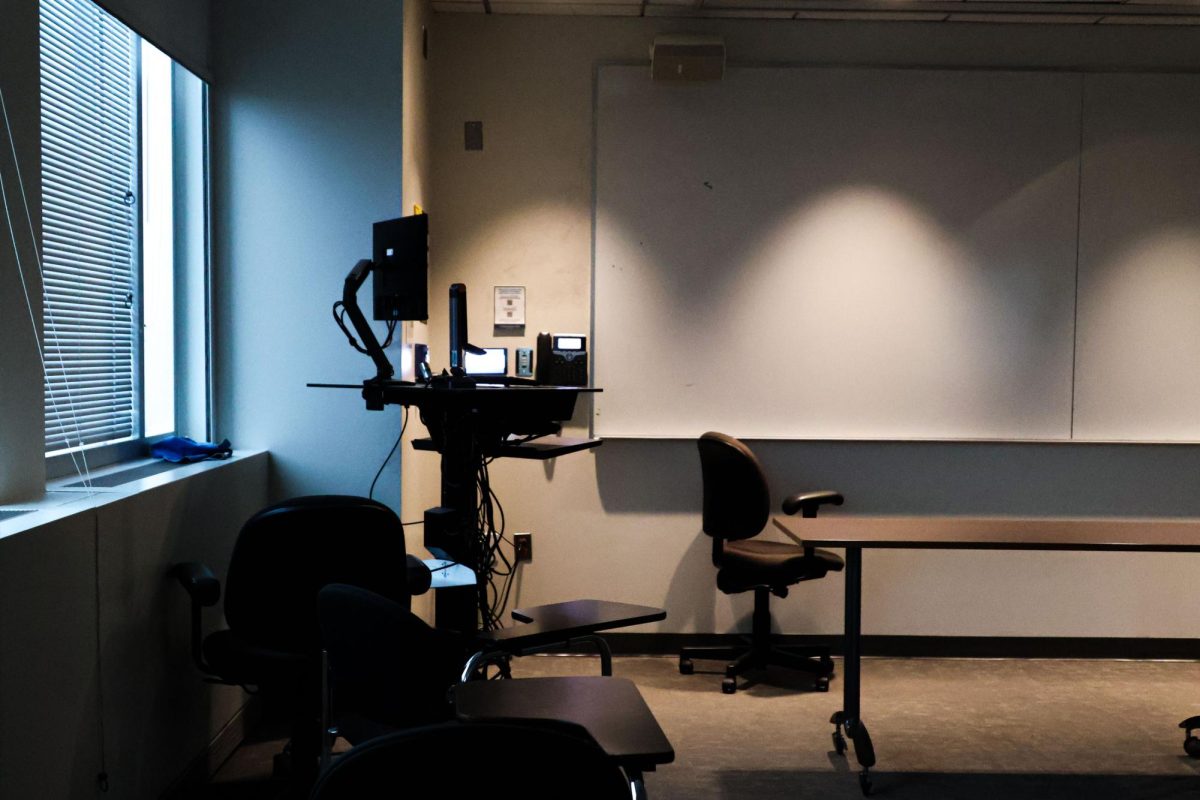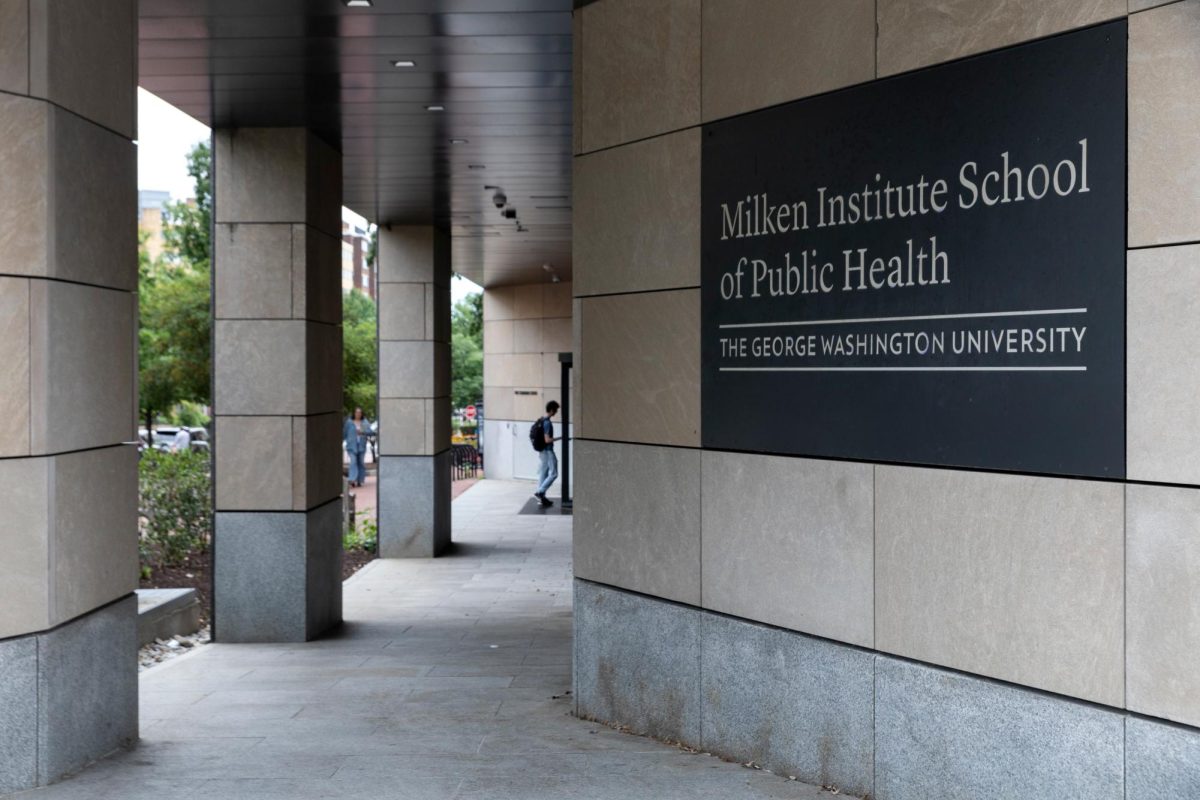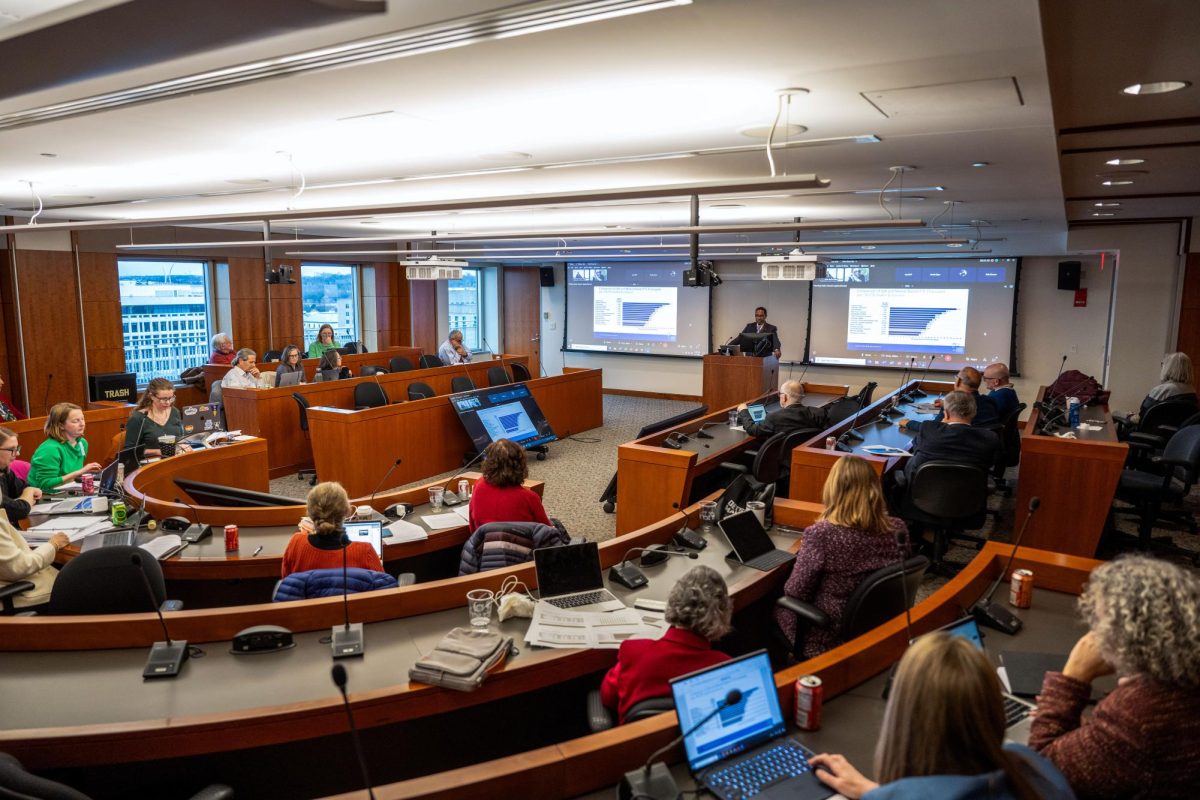A union of adjunct and part-time faculty are seeking pay increases and greater access to professional development as they negotiate a new collective bargaining agreement, which negotiators and University officials project to conclude by the end of the semester.
The union, an affiliate of the Service Employees International Union Local 500, has been bargaining with University officials since October after the previous one expired in December. Kip Lornell, a professor emeritus of music, history and culture and a member of the union’s bargaining committee, said the University has been “professional” and “direct” during the negotiations, which he projects will conclude by the end of March.
University Spokesperson Julia Garbitt said the University remains “committed” to having a good working relationship with its unionized employees that responds to both their concerns and is “consistent” with the University’s values.
She said part-time faculty are “essential” members of the community and the University values their contributions to GW’s educational mission.
“We aim to continue a professional, collegial, and cooperative relationship around a shared objective of providing exceptional educational experiences and opportunities for all university students,” Garbitt said in an email.
Garbitt said the University has been engaging in negotiations with the union since late September and anticipates the negotiations to complete by the end of the spring semester.
“GW looks forward to continuing a productive relationship with the union throughout negotiations to achieve the finalized successor agreement,” Garbitt said.
Lornell said the union’s main bargaining objective is a salary raise for part-time faculty. He said the two sides have agreed on a baseline percentage increase after the University’s initial “meager” offer.
A 10 percent raise to regular part-time faculty’s annual base salary was enacted under the previous CBA, raising it from $4,467 to $5,000 per course, according to the previous agreement.
When the previous agreement was ratified in 2022, adjunct faculty said the pay increase at the time was “notable” but still fell short of other D.C. area universities, like Georgetown and Howard. GW’s base adjunct faculty pay rate for a course worth three credits or more is $400 less than American University’s pay rate of $5,400, and $2,000 less than Georgetown’s pay rate of $7,000.
Lornell said the union also seeks to broaden part-time faculty ability to use the Part-Time Faculty Professional Development Fund. He said the union wants adjunct faculty members to be able to use funds on a broader set of expenses, like dues to professional organizations or associations.
Currently, part time faculty can request up to $1,400 to pay for occupational expenses, like traveling to conferences, according to the previous agreement.
“It’s not so much the amount of money that’s in there, but it’s how that money can be spent at the University,” Lornell said.
He said the conversations consist of five negotiators on each side, including himself, four other part-time faculty members and a representative from SEIU 500 for the union. He said they have been negotiating with Jonathan Fritz, an outside attorney for the University, another attorney and three other administrators at the dean level.
He said an “underlying issue” with the negotiations is the union not knowing which officials are giving the University’s negotiators their “marching orders” of what they can and can not offer in negotiations.
“It would be nice to actually negotiate with some of the folks who actually make the ultimate decisions,” Lornell said.
He said the union and University also determine how long the CBA should last, and agreements typically last three years. He said amid uncertainty around higher education funding with President Donald Trump’s administration, they are entering other options, including making the agreement for two years with the option to reopen the agreement for finances.
“That instability really does color the negotiations in general,” Lornell said. “There’s kind of a pall over everything because there’s so much uncertainty about what’s going on.”
Lornell said the University rejected his proposal for the University to disclose to new adjunct faculty members that a CBA and its policies exist. He said the University bargaining team said that people should know that the agreement is already in place.
“So to think that somebody who’s in the State Department, who’s never taught part time, comes over to GW, has asked to teach a class, they won’t know that,” Lornell said. “Yeah, it’s really kind of discouraging.”
He said the union and the University are also “ironing out” smaller details, like ensuring part-time faculty members continue to have access to their GW email during semesters where they do not teach.
The previous CBA states that part-time faculty will have their email address kept active after the semester in which they teach only if it is expected that they will be reappointed to teach again.





